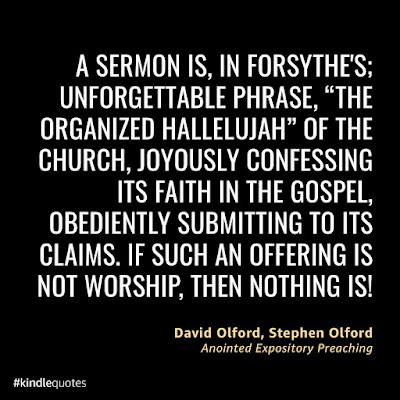The parables of Jesus recorded in Mark 4 are about preaching and teaching the Word of God, and how that supernatural act brings spiritual life and growth to those who hear and heed it. As we come to the Lord’s Day and the gathering of the saints, let us do so with confidence that God’s intended results will come from that life-giving Book. We are likely familiar with the parable of the sower found in Mark 4:1-20. It deals with the condition of the soil—that is, the human heart. Only the soil that produces a crop (in varying measure) is good soil—one out of four hearers in this illustration. The Lord does not change the thrust of his sermon, as He proceeds further with four other parables, that we will group under three headings.
First, consider THE MINISTRY OF THE WORD IN SHINING LIGHT.
“Also He said to them, ‘Is a lamp brought to be put under a basket or under a bed? Is it not to be set on a lampstand? For there is nothing hidden which will not be revealed, nor has anything been kept secret but that it should come to light. If anyone has ears to hear, let him hear.’” (v. 21-23).
Sin is for the shadows. This is the dark depravity of the human heart. The preacher is meant to take the Word of God as a Gospel light to summon men and women from the darkness to Christ who is the Light of the World. Pastors need to speak plainly. The light is not meant to be stuck under a basket of confusion or under the bed of comfort. The first type of teaching leaves the hearer scratching his head and the second style, rubbing his or her eyes. The preacher is not there to impress the people with his profundity or confound them with his obscurity. They need the light of truth plainly and simply communicated. The congregation needs to come with preparation—ears to hear. The best sermon will not help someone who is absent or absent-minded. This has to do with the way we hear.
Second, note THE RECEPTIVITY OF THE WORD IN SHARING TRUTH.
“Then He said to them, ‘Take heed what you hear. With the same measure you use, it will be measured to you; and to you who hear, more will be given. For whoever has, to him more will be given; but whoever does not have, even what he has will be taken away from him.’” (v. 24-25).
The church member has a responsibility to be selective in what they hear. They must make sure there is an alignment of the preacher’s sermon with the truth of Scripture. Obviously, the church needs caution to determine if the instruction is doctrinally sound or theologically deviant. If you attend a church or are part of a denomination that has departed from the Word, then you need to depart from that congregation. Saturate the place with your absence! However, preaching can be so basic for so long as to end up giving people a bottle full of milk, sermon after sermon, and never nourish them with a plateful of meat! Again, we do not start with fundamental matters and move on from them, for there will always be those in the fellowship who need the simple Gospel for they are lost, with others who are babes in Christ needing to be spoon fed. Yet, the preacher must give more than that for others are eager to grow, being receptive to the truth. Expository preaching produces a well-balanced diet for all stages of spiritual development. It will sort out the receptive hearers from the carnal crowd. Some will ravenously consume it as they know it is feeding their soul. Others will spit it out and move on searching for a sugary sermonette that puts them in a spiritual slumber. This relates to what we hear.

Third, observe THE PRODUCTIVITY OF THE WORD IN SOWING SEED.
“And He said, ‘The kingdom of God is as if a man should scatter seed on the ground, and should sleep by night and rise by day, and the seed should sprout and grow, he himself does not know how. For the earth yields crops by itself: first the blade, then the head, after that the full grain in the head. But when the grain ripens, immediately he puts in the sickle, because the harvest has come.’ Then He said, ‘To what shall we liken the kingdom of God? Or with what parable shall we picture it? It is like a mustard seed which, when it is sown on the ground, is smaller than all the seeds on earth; but when it is sown, it grows up and becomes greater than all herbs, and shoots out large branches, so that the birds of the air may nest under its shade.’” (v. 26-32)
In both these parables, there is similarity in presenting the productivity of God’s Word when it is faithfully sown. The preacher is not responsible for fruitfulness. He is accountable for his faithfulness. We do the sowing and God does the saving. It is not a product of human ability, but heavenly activity. The preacher must make certain to cultivate the soil, sow good seed in abundance, and prayerfully prepare in faith for a harvest. He must be capable of gathering and conserving. Do not be disheartened if there seems small progress. God can grow a church into a large work, not only in terms of numbers, but in Kingdom impact. Preacher, trust God and press on! This speaks to why we hear.

If the Word of God is faithfully proclaimed then there will be results. God has promised this supernatural impact. Everybody who sits under the Word will leave changed by it. It is to the welfare of those who receive it, “For whoever has, to him more will be given,” (v.25a). But, sadly, it is to the worsening of those who reject it, “but whoever does not have even what he has will be taken away from him,” (v.25b).










